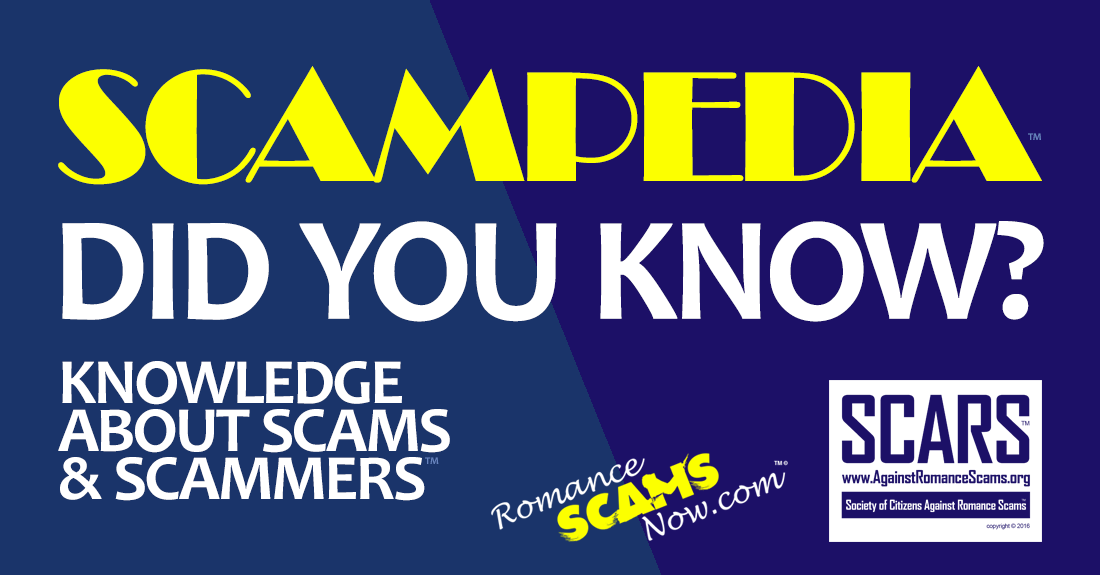SCAMPEDIA: “European” Distribution Fraud
What is: “European” Distribution Fraud?
When a company from overseas (usually from Europe) delivers products to the UK or other destination but isn’t paid for the goods or the cost of shipping – it is done by payment terms (such as C.O.D. – Cash On Delivery or NET 30 Days).
Fraudsters pretend to be from a well-known company or business name to make their order look authentic.
Spot The Scam
- Your business gets an email for a large order to be sent to a new address. The buyer says you’ll be paid on delivery.
- Your business is pressured into making the delivery quickly.
- Their documents and emails have poor spelling and grammar. If English isn’t your first language, find someone who can check for you.
The Mechanics
Fraudsters make an order to a company outside the UK by email. They claim to be from a well-known retailer, supermarket or manufacturer based in the UK. They may use an email address that looks very similar to a genuine company and steals their logo.
Orders are usually for a large number of expensive products such as food, alcohol or electrical products. They avoid paying for the goods themselves by using fake bank transfer confirmation forms, or by giving the company’s genuine address for the invoice.
They ask for the delivery lorry to send the products to an address that doesn’t belong to the company. In some cases, a genuine company delivery address is given on the order, but the driver is contacted while they’re traveling and asked to change the delivery address.
The delivery is picked up by the criminals without payment, and any invoices your business sends to the company’s genuine address can’t be paid.
How It Works
This type of fraud, known as “European distribution fraud”, happens when a company from overseas (usually from Europe) delivers products to the UK (or another destination such as Ireland, France, etc.), but isn’t paid for the goods or the cost of shipping.
Fraudsters are registering domains that are similar to genuine university domains such as xxxxacu-uk.org, xxxxuk-ac.org, and xxxacu.co.uk. These domains are used to contact suppliers and order high-value goods such as IT equipment and pharmaceutical chemicals in the university’s name.
Suppliers will receive an email claiming to be from a university, requesting a quotation for goods on extended payment terms. Once the quotation has been provided, a purchase order is emailed to the supplier that is similar to a real university purchase order. The purchase order typically instructs delivery to an address, which may or may not be affiliated with the university. The items are then received by the criminals before being moved on, however, no payment is received by the supplier.
U.K. ActionFraud says: “This type of fraud can have a serious impact on businesses. This is why it’s so important to spot the signs and carry out all the necessary checks, such as verifying the order and checking any documents for poor spelling and grammar.”
“We know that there is a lack of reporting by affected companies and without this vital intelligence, a true picture of EDF cannot be reflected.”
Protect your business against European distribution fraud
- Check that the delivery address, phone number, and email domain name is genuine. If someone has placed an order with your business for the first time always verify them. Find the company’s website using a search engine and phone them to confirm details.
- Do some extra research on the Internet. Are there any news reports of criminals imitating this before? Can you see their address on Google Street View?
- Ask for upfront payment for first-time orders. If you have an online checkout, get them to use it.
- Ensure that you verify and corroborate all order requests from new customers. Use telephone numbers or email addresses found on the retailer’s website – do not use the details given on the suspicious email for verification purposes.
- If the order request is from a new contact at an organization that’s an existing customer, verify the request through an established contact to make sure it is legitimate.
- Check any documents for poor spelling and grammar – this is often a sign that fraudsters are at work.
FAQ: How Do You Properly Report Scammers?
It is essential that law enforcement knows about scams & scammers, even though there is nothing (in most cases) that they can do.
Always report scams involving money lost or where you received money to:
- Local Police – ask them to take an “informational” police report – say you need it for your insurance
- Your National Police or FBI (www.IC3.gov)
- The Scars Worldwide Reporting Network HERE or on www.Anyscam.com
This helps your government understand the problem, and allows law enforcement to add scammers on watch lists worldwide.
Visit our Main SCARS™ News & Information Facebook page for much more information about scams and online crime: www.facebook.com/SCARS.Victims.Support.And.Recovery
To learn more about SCARS visit www.AgainstScams.org
Please be sure to report all scammers HERE or on www.Anyscam.com
All original content is Copyright © 1991 – 2018 SCARS All Rights Reserved Worldwide & Webwide – RSN/Romance Scams Now & SCARS/Society of Citizens Against Romance Scams are all trademarks of Society of Citizens Against Romance Scams Inc.
#ReportingScammers #WhereToReportScams #Anyscam #SCARS #RSN #CatchScammers #ScammerWatchLists #ArrestScammers #REPORTSCAMMERS #ANYSCAM #AVOIDSCAMS #ROMANCESCAMS #ACTAGAINSTSCAMS #NIGERIANSCAMMERS #ROMANCESCAMSNOW #SCARS #GHANASCAMMERS #FAKEPROFILES #FACEBOOKSCAMMERS #BOYCOTTAFRICANCOFFEE




Leave A Comment